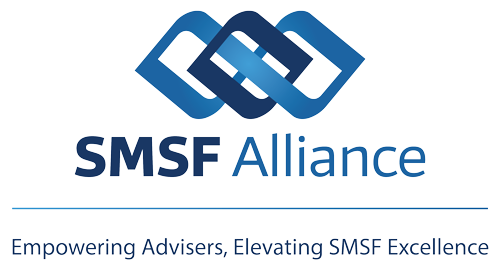Last week I mentioned the ability of a fund to acquire a part of an asset, but not continue to hold or increase its exposure as it’s advantaged, then disadvantaged, by the in-house asset provisions. Typically, this affects SMSF investments involving companies and unit trusts, in which fund members and associates are also invested. There is, however, a special class of such investments that are excluded.
Shares or units in a company or unit trust that satisfy 13.22C of the SIS Regs are able to be acquired from a member or related party even though the entity could be controlled, and the units or shares are not in-house assets. This can enable creeping SMSF acquisitions that would not otherwise be possible.
So long as it wasn’t purchased from a related party an SMSF may acquire part of a residential property as tenants in common with a member. That’s fine but the SMSF will never be able to acquire more of the property from the member as residential property is a prohibited acquisition from a related party. Enter the 13.22C unit trust.
If the SMSF and the member had each subscribed for units in a trust that satisfied 13.22C, and that entity had purchased, or built, the residential property, the SMSF would be able to acquire the member’s units in future, by way of purchase or in-specie contribution without breaching the regulations. Stamp duty and CGT would apply.
For an entity to comply with 13.22C there are a lot of things it can’t do. These should be considered carefully but, generally, it can hold ungeared residential and commercial real estate and little else though there are some interesting additional items we won’t cover here. It can build but it can’t run a business so be careful as building more than once or having the intention to sell the property shortly after completion, could be construed as running a business.
The downside is that even a minor infringement of the 13.22C condition, even inadvertently overdrawing a bank account, will lose this concession and alter the investment’s status to that of an in-house asset. This loss is permanent. It can’t be fixed.
As usual, the devil is in the detail.


